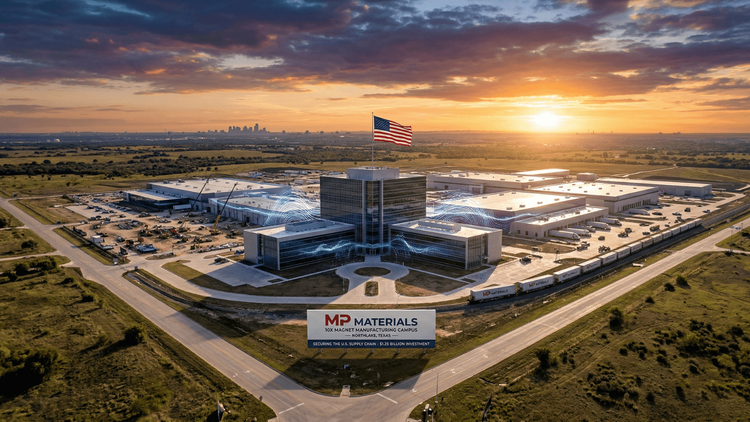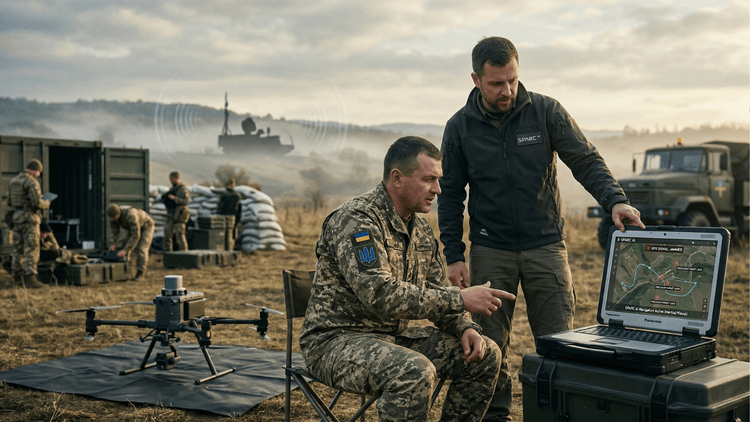Premier Scott Moe: Why Saskatchewan’s Potash and Oil Are Vital to the U.S. Economy
Strengthening North America’s Trade: Canada’s Commitment to U.S. Energy and Food Security

In a candid discussion on Canada-U.S. trade relations, Saskatchewan Premier Scott Moe emphasized the importance of maintaining strong economic and security ties with America. With Canada supplying crude oil, uranium, potash, and agricultural products, the Premier underscored that these industries are not just about exports—they are critical to North America’s stability.
“Our goal isn’t to sell these products elsewhere,” Premier Moe stated. “Our goal is to continue strengthening our relationship with the United States because that trade is creating jobs and securing economic growth on both sides of the border.”
Energy: Canada’s Lifeline to U.S. Refineries
Canada has long been one of the United States’ largest energy suppliers, with crude oil exports fueling refineries across states like Ohio, Iowa, Illinois, Louisiana, and Texas. Premier Moe pointed out that these energy shipments don’t just benefit Canada—they sustain thousands of American jobs and keep U.S. energy prices competitive.
Additionally, Canadian uranium powers nuclear plants across the U.S., ensuring a steady supply of clean energy. Moe stressed that this interdependence is why Canada and the U.S. must reinforce their trade ties rather than disrupt them with unnecessary policy changes.
Potash and Agriculture: The Secret Ingredient to American Food Security
Saskatchewan is responsible for 35% of the world’s potash supply, making it a key player in global agriculture. With 90% of Canada’s potash exports going to the U.S. Corn Belt, Premier Moe made it clear that any potential tariff on potash is essentially a tax on American farmers.
“You want to talk about Big Macs? The secret ingredient is potash,” Moe remarked, referring to the role fertilizers play in growing wheat for burger buns and corn for cattle feed. He warned that any disruption in potash supply would drive up food prices across the U.S., directly affecting consumers.
The Canada-U.S. Trade Relationship: A Strategic Necessity
Despite ongoing discussions about trade policies under the Biden administration, Moe remains optimistic. “Yes, there’s some discussion about what our relationship will look like moving forward, but the reality is Canada and the U.S. have one of the strongest economic partnerships in the world.”
He acknowledged that trade negotiations come with political rhetoric, but ultimately, both nations understand the mutual benefits of free trade. Saskatchewan has been actively engaged in these discussions for over 15 years, ensuring that its industries continue to thrive while keeping North America’s supply chains stable.
Beyond Trade: Security, Borders, and Fentanyl Crackdowns.
Premier Moe also addressed concerns beyond economics, particularly the need for Canada to fulfill its responsibilities in border security and combating fentanyl trafficking. He highlighted the deployment of 10,000 Canadian troops to reinforce border security, demonstrating Canada’s commitment to maintaining a safe and secure North America.
Additionally, Moe acknowledged the U.S.’s concerns about Canada’s military commitments and security initiatives. “We need to look in the mirror and make sure we’re doing what we say we’re going to do,” he admitted.
Conclusion: A Future Built on Cooperation
Canada and the United States share more than just a border—they share a future. Premier Scott Moe made it clear that the economic and security ties between the two nations must be strengthened, not weakened. From energy to agriculture, the partnership between Canada and the U.S. remains one of the most critical trade relationships in the world.
With ongoing negotiations, Premier Moe is confident that the long-standing economic bond will only grow stronger, ensuring prosperity and stability for both nations.






